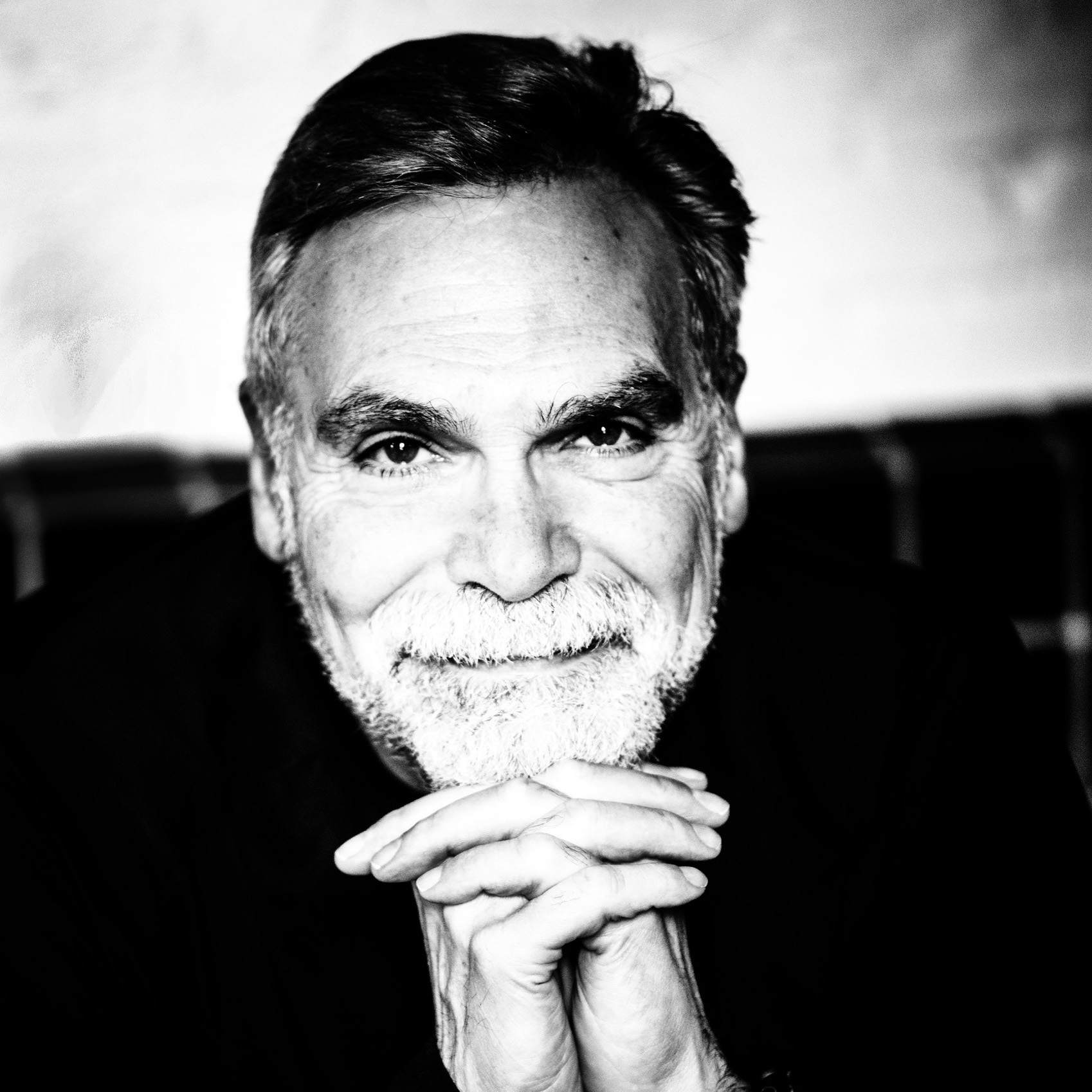 The Whitney Laboratory for Marine Bioscience
The Whitney Laboratory for Marine Bioscience

The Evenings at Whitney Lecture Series hosted by the University of Florida Whitney Laboratory returned on May 10, 2018, at 7 p.m. with the program titled “Ex Uno Plures and E Pluribus Unum: Competition and Collaboration in the Microbial World.” Frank Rosenzweig, professor of biology at Georgia Institute of Technology and principal investigator of the NASA Astrobiology Institute's Georgia Institute of Technology node, talked about his work, the study of evolution in real time through the use of laboratory experiments. This free lecture was presented at Lohman Auditorium, located at 9505 Ocean Shore Blvd., on the Whitney Laboratory campus.
For billions of years, life on Earth consisted solely of single-cell organisms, and even today most of life’s diversity is microbial in nature. Rosenzweig’s work seeks to understand the ecological and genetic factors that control the tempo and trajectory of microbial evolution. He talked about how single-celled organisms compete, diversify and form collaborative relationships, such as those that lead to the evolution of multicellularity. These studies also have far-reaching biomedical implications. After all, both cancer and chronic infectious diseases are examples of evolution in real time, therefore, learning the rules governing this process in the laboratory can help better understand how drug resistance evolves in the human body.
Rosenzweig has worked at the Georgia Institute of Technology since 2016. He earned a bachelor’s degree from The University of Tennessee in comparative literature and doctorate in biology from the University of Pennsylvania. Since 2015 he has worked with the NASA Astrobiology Institute, a partnership between NASA and 12 teams of investigators that conducts research and education in astrobiology. By “reliving the past” via laboratory experiments, Rosenzweig and his colleagues aim to shed light on how the evolutionary process works, as well as how major transitions in the history of life occurred.
Photo by Nerissa Escanlar